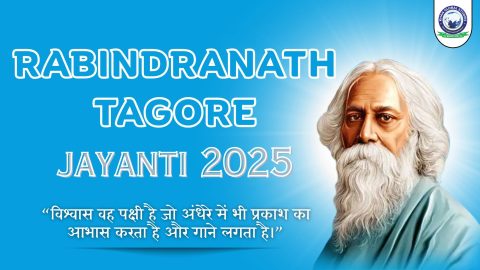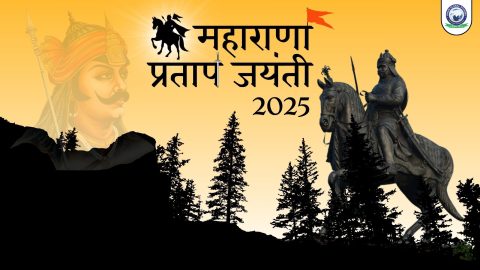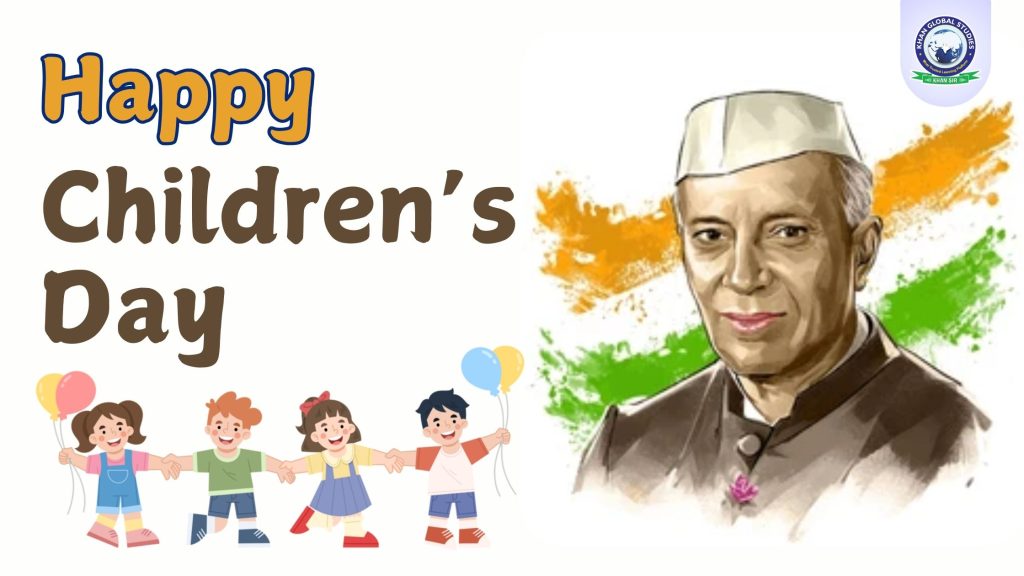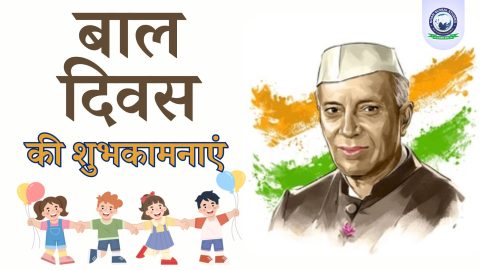Children’s Day is celebrated with great enthusiasm in India every year on 14 November. This day marks the birth anniversary of Pandit Jawaharlal Nehru, the first Prime Minister of independent India and famous for his deep affection towards children. He was fondly called ‘Chacha Nehru‘. Nehruji believed that children are the future of the nation, and investing in their education and development is the key to building a strong and bright India.
History
Children’s Day was first celebrated as “Flower Day” on 5 November 1948. The purpose was to raise funds for the United Nations Appeal for Children (UNAC) by selling “flower tokens” by the Indian Council of Child Welfare (ICCW). Celebrations such as “Children’s Day” began on 30 July 1949, promoted through radio, articles and cinema.
In 1951, W. M. Kulkarni, a United Nations social welfare fellow, was studying the rehabilitation of children in England. He found that there was no well-organised support for underprivileged children in India. Seeing the “Flag Day” celebrated on Queen Elizabeth II’s birthday in England, Kulkarni suggested that Nehru’s birthday could be celebrated as a “Flag Day” to raise funds for child welfare. Nehru was initially uneasy with the idea but eventually agreed.
Nehru’s birthday on November 14 has been celebrated in India and among the Indian diaspora since the 1940s. It was first celebrated as “Children’s Day” in 1954. More than 50,000 children attended the celebrations held at the National Stadium in Delhi that year. In 1957, the Government of India officially declared it Children’s Day. The Indian Postal Department issued special postage stamps and first-day covers for the first time on “Children’s Day”.
Importance of Children’s Day
Children’s Day is not just a special day for children, but it is also an opportunity to emphasize the importance of children’s rights, their welfare, and education. Pandit Nehru always said, “The children of today will make the India of tomorrow.” He believed that every child should get an opportunity to realize his or her potential and contribute to society.
Children’s Day inspires us to work towards the development, education, and protection of children. On this day, various programs and activities are organized in schools and institutions across the country, such as:
- Cultural programmes: Dance, music and drama.
- Sports competitions.
- Awareness programmes on holistic education and health.
- Social services and launch of campaigns for the welfare of children.
Pandit Jawaharlal Nehru’s view towards children
Jawaharlal Nehru was called “Uncle Nehru” by children. Nehru considered children the future of the country and enjoyed watching them. He also founded the Children’s Film Society of India in 1955 so that Indian children could see themselves on screen.
On Nehru’s sensitivity towards children, his colleague M. O. Mathai wrote, “Nehru saw the future of India in the innocence and bright eyes of children. He believed that money spent on children and their mothers is a strong investment for the future.”
In 1958, Nehru was asked in an interview whether he loved children because they represented the future of the country, to which Nehru replied, “I believe that the children of today will make the India of tomorrow, and the way we raise them will determine the future of the country.”
This sentiment of his is also reflected in his letters to his daughter Indira Gandhi. These letters were published as books, such as “Father to His Daughter” (1929) and “Glimpses of World History” (1934), in which Nehru communicated historical facts and human values in a simple style.
However, Nehru’s biographer Sir Walter Crocker wrote in his book “Nehru: A Contemporary’s Estimate” (1966) that Nehru had little personal interest in children. According to Crocker, “Nehru was seen with children at public events, but this was not a part of his real personality. His photographs and appearances with children were mere formalities.”
Pandit Nehru believed that education was the basis for the all-round development of children. He brought about many important reforms in the country’s field of education. Many educational institutions were established on his initiative, including IIT, IIM, and AIIMS.
Nehruji believed that children are innocent, inquisitive and eager to learn. He believed that children should be allowed to develop their creativity and skills. He said, “Children are like delicate flowers in a garden that must be nurtured carefully.”
Awareness through Children’s Day
Children’s Day is an occasion that focuses society’s attention on children’s rights and the state of their welfare. This day reminds us of the need to provide a better and safer environment for children.
Children’s Rights include:
- Right to life.
- Right to education.
- Right to health and nutrition.
- Right to sports and recreation.
- Right to protection from child abuse.
Conclusion
Children’s Day is not just a celebration, but a day to reaffirm our responsibilities towards children. Pandit Nehru’s vision and his principles remind us that investing in the care and education of children is important not only at the individual but also at the national level.
The message of Children’s Day is clear: every child deserves love, respect and opportunity. It is the duty of all of us to ensure a future for children where they can realise their dreams and contribute to the progress of the country.
FAQs
Question 1: Why is Children’s Day celebrated?
Answer: Children’s Day is celebrated on the birth anniversary of Pandit Jawaharlal Nehru to honor his love and contribution towards children. It is a day to focus on the rights of children and their welfare.
Question 2: Why is Pandit Nehru called ‘Chacha Nehru’?
Answer: Pandit Nehru loved children very much and children also affectionately called him ‘Chacha Nehru’.
Question 3: What activities are organized on Children’s Day?
Answer: On this day, dance, music, drama, sports competitions, and awareness programs for the well-being of children are organized in schools and institutions.
Question 4: When did Children’s Day start being celebrated?
Answer: November 14 has been celebrated as Children’s Day in India since 1964 when Pandit Nehru’s birth anniversary was declared Children’s Day after his death.
Question 5: What was Pandit Nehru’s vision towards education?
Answer: Pandit Nehru believed that education is the basis of children’s development and nation-building. He played an important role in the establishment of many educational institutions.




